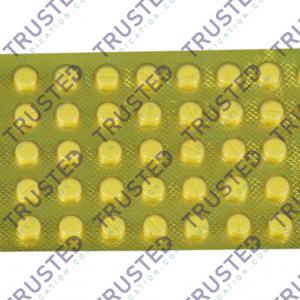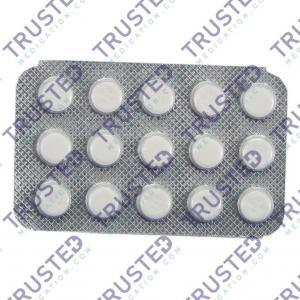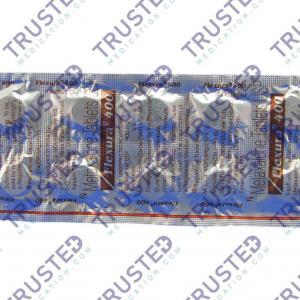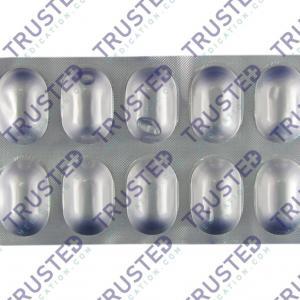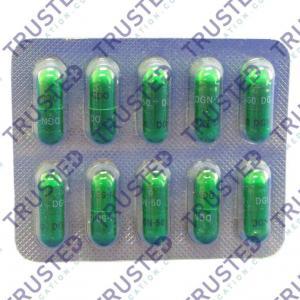
Anyone who has symptoms of diabetes should get tested for the disease. Some people will not have any symptoms but may have risk factors for certain types of diabetes and need to get tested. Testing helps doctors find diabetes sooner, so they can work with their patients to manage the disease and prevent health problems.
What is the difference between Type 1 and Type 2 Diabetes?
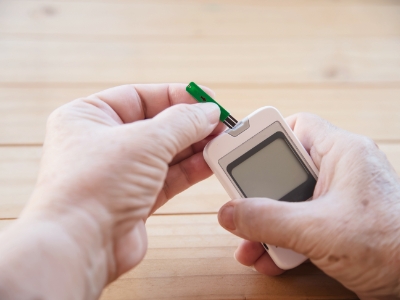
Type 1 Diabetes
It usually appears first in children and adolescents but can also occur in adults. In type 1, the immune system attacks pancreatic beta cells so they can no longer produce insulin. Symptoms of this type may appear over several weeks, including:
- Increased thirst and urination
- Increased hunger
- Blurry vision
- Tiredness and fatigue
- Numbness in hands and feet
- Sores that take a long time to heal
- Unexplained weight loss
Type 2 Diabetes
Type 2 is more likely to appear as people age, but children may still develop it. In this type, the pancreas produces insulin, but the body cannot use it effectively. Lifestyle factors appear to play a role in its development. The majority of people with diabetes have this type. Its symptoms may include:
- Increased hunger
- Blurry vision
- Increased thirst and urination
- Tiredness and fatigue
- Unexplained weight loss
- Numbness in hands or feet
- Sores that take a long time to heal
Type 1 and Type 2 can be managed with medication, lifestyle, and home remedies.
Medications recommended:
- Crocus Sativus and Tribulusterrestris – this medication works by possessing inhibitory effects and thus manages blood sugar levels.
- Amalaki Vitamin C – this supplement is made from all-natural products. It boosts health and gives longer life.
Lifestyle and Home Remedies
- Learn how to make wise food choices
- Remain physically active
- Take an increasingly active role in diabetes management
- Count your carbohydrates, fats, and protein intake
- Eat healthy foods
- Keep a healthy weight
What Are the Different Tests to Detect it?
- Glycated hemoglobin (A1C) test – This test doesn’t require fasting. It shows your average blood sugar level for the past 2 to 3 months. It measures the percentage of blood sugar attached to hemoglobin, the oxygen-carrying protein in red blood cells. The higher your blood sugar levels, the more hemoglobin you’ll have with sugar attached.
- Random blood sugar test – This is where blood will be taken randomly for testing. No matter when you last ate, a blood sugar level of 200 milligrams per deciliter (mg/dL), 11.1 millimoles per liter (mmol/L), or higher suggests diabetes.
- Fasting blood sugar test – A blood sample will be taken after you haven’t eaten anything the night before. A fasting blood sugar level of less than 100 mg/dL is average. A fasting blood sugar level from 100 to 125 mg/dL is considered prediabetes. If it’s 126 mg/dL or higher on two separate tests, you have diabetes.
- Oral glucose tolerance test – For this test, you fast overnight. Then, the fasting blood sugar level is measured. Then you drink a sugary liquid, and blood sugar levels are tested regularly for the next two hours.
If your provider thinks you may have type 1 diabetes, they may test your urine to look for the presence of ketones. Your provider will also probably run a test to see if you have the destructive immune system cells associated with type 1 called autoantibodies.
Does the Test Differ for each of the Types?
It can take time for the symptoms to appear. Conversely, your doctor may be able to detect the condition in its earlier stages by performing various medical tests. These tests can detect different forms of the disease, including type 1 or type 2.
If blood sugar testing indicates diabetes, your healthcare provider may recommend additional tests to distinguish between type 1 diabetes and type 2 diabetes because treatment strategies differ by type. Additional tests include blood tests to check for common antibodies in type 1 diabetes.

